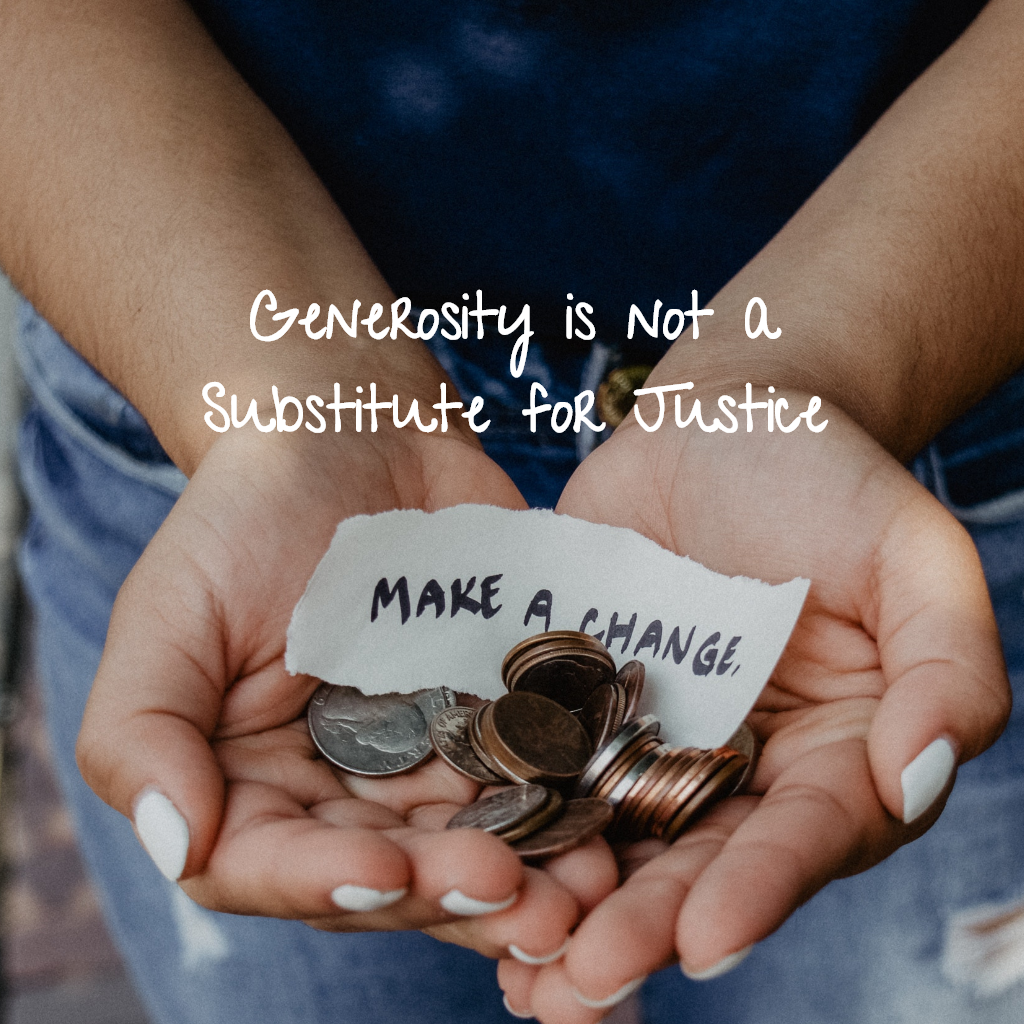Library Love in the Age of Algorithms
/My love for public libraries is comparable to my love for good old paper journals. My mom got me my first library card when I was five and we spent so many afternoons together where she read stories to me. These afternoons are among my most favorite memories of my childhood and rather surprising as reading was not necessarily a big thing in my family but it was immensely important to me. Books were the castles of my imagination. I think I spent more time in libraries then later at University and still frequently visit libraries when I'm visiting cities as they can tell so much about the history of the city. I studied in parts in Munich and the main library there was intensely connected to the history of the city and country. The art historical research institute in Munich (Zentralinstitut für Kunstgeschichte) is home to one of the largest libraries of art history in the world. The building is located in the former “Administrative Building of the National Socialist Party”, witness to the fascist regime in Germany. In June 1945 the building was used as Central Art Collecting Point by the American Military Government. The mission of this art collecting facility was the restitution to the rightful owners of looted art confiscated by the National Socialist regime all over Europe during the Second World War.
Since I moved to Switzerland and have a delightful library close to where I live, I recommitted to a library routine where I go as often as I can to stroll through the shelves and find books I was searching for and happy findings. The library here is a place of encounter: they have a big cafe, students and freelancers frequently work here, they provide German language courses for immigrants and host public talks. It's a save and welcoming space connected to the vision of an informed public and most likely one of the few radical concepts that will endure time.
Entrance of the Library in St. Gallen © Image by the author
And while some people claim that libraries are over, like Andre Walker, who faced rightly a huge backlash on social media, libraries remain relevant.
Libraries let me stumble across uncanny connections and lead me to things I did not know that could interest me, but different to internet consumption, the discoveries are often more fruitful. But the most important quality of libraries is that they provide context. Libraries do not get fed information through my preferences or habits and do not suggest anything based on my presumable interests. I can ask for recommendations and than a human person will tell me her suggestions and everyone will understand that her views are filtered through her background. Contradictions are allowed to exist next to each other. I can pick up a recipe cook book and a poem collection and stumble across something else that sparks my curiosity. It's a space that allows the mind to wander and find serendipitous findings that do not lead to cat videos (nothing wrong about them, the beauty of nature and lots of cat, goat and donkey videos have been really good companions on rough days) Every now and then you find little notes, old bookmarks, or grocery lists that strangely link you to another human being who enjoyed the book before you.
I'm interested in the notion of the archive. How do we organize information and how open is it for innovation? The internet was born with the aim to make the world more connected and information accessible, and while that might still be true, it seems that we forgot to teach people that sources are not neutral. Having access to information doesn't necessarily mean that people know how to process and evaluate it.
Ever since I read the line of Sara Ahmed "we have to quote each other into existence" I've been thinking a lot about it. While we do believe that all the encyclopedic knowledge is somehow on Wikipedia it is so hard to make people understand that so many woman, indigenous knowledge, minorities are barely found there and it is so hard to go against their internal politics. Initiatives such as the feminist Edit-a-thons are trying to change that. It is important that these sources appear on encyclopedic pages so that people are able to learn about them. But going to the original sources has its own magic, to get acquainted with thoughts and language and to get a sense for their whole thought process is important and the only way to connect on a deeper level.
We often lack time which makes it so much more convenient to have a look on the internet and just get a small overview about something. But sources vary in their accuracy as everyone is able to write content and we need to make a bigger effort to train people to evaluate the quality of the sources. A lot of writing on the internet lacks references but it is essential to understand the thought process and above all the context. I'm often going nuts when even newspaper pages don't bother to insert links to their references. Maria Popova of brainpickings once said: "Literature is the original Internet, every footnote in a book, every citation, every reference is essentially a hyperlink to another book. Most of the great books I’ve come across, and this applies especially to really wonderful forgotten books, most of those I’ve discovered through a mention by an author that I already enjoyed. It’s kind of the ultimate recommendation algorithm that leads you to new very surprising manifestations of the same shared sensibility, sure to please you." I think there is so much truth to that as footnotes have lead me so often to other thinkers and discoveries. I honestly believe that a library and (analog) reading practice can make us better online readers.
*Small cover image: National library of Latvia, Riga © Author













